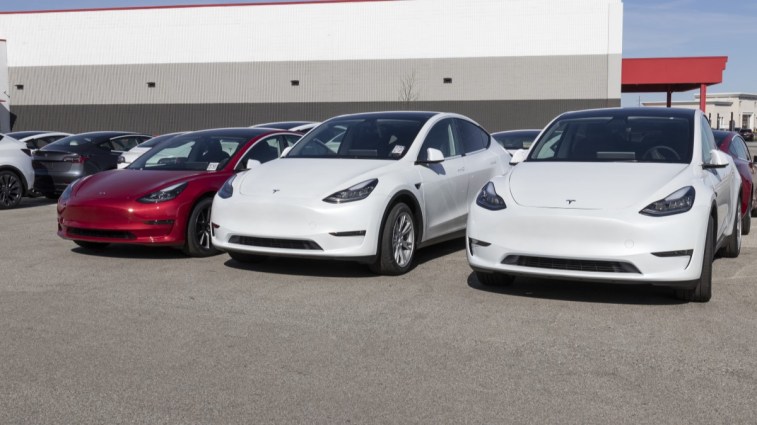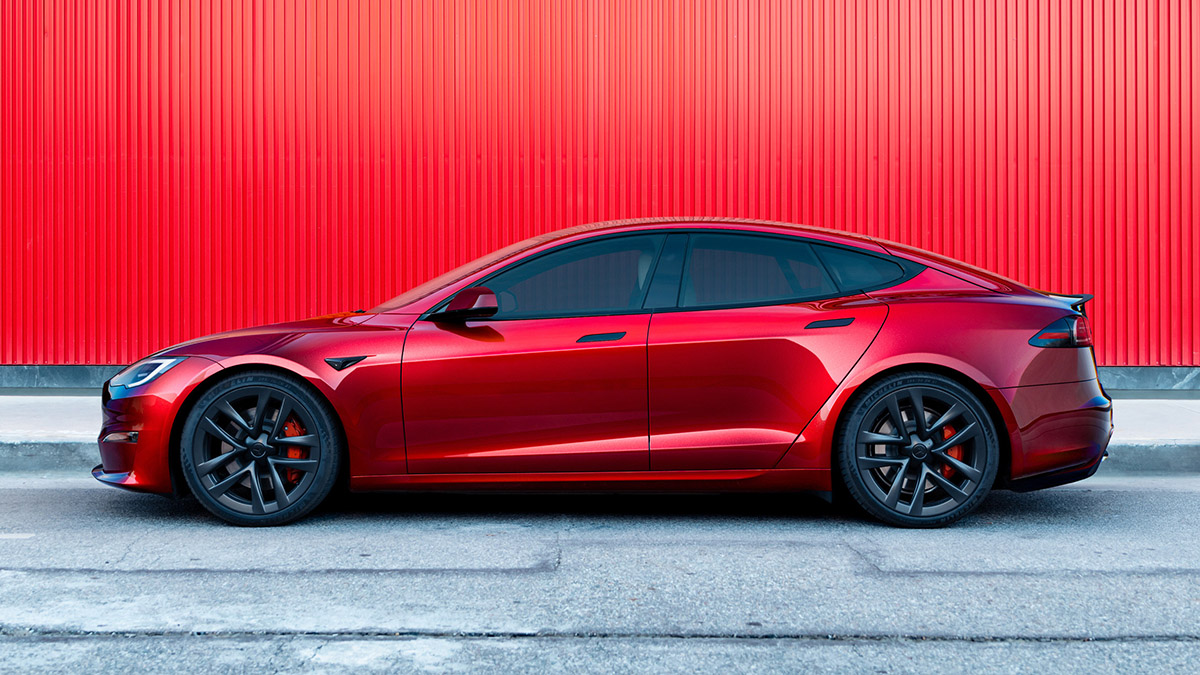
“Despite recent growth in electric vehicle (EV) market share, the percentage of U.S. consumers who say they are ‘very unlikely’ to consider an EV for their next vehicle purchase has been growing steadily for the past three months,” say researchers from J.D. Power.
Related: America Splits Into Thirds on Electric Cars
The company’s researchers survey “over 2,000 new-vehicle shoppers each month” to collect a snapshot of American car shoppers’ attitudes toward electric cars.
Electric car sales have been soaring but hit a slight speed bump in March. EV sales made up 8.5% of all new car sales in February but 7.3% in March in the company’s data.
Percentage of Shoppers Who Won’t Consider an EV Is Growing
Even as EV sales increase, the contingent of Americans that won’t consider one for their next car has grown. In January, 17.8% of shoppers said no EVs were on their list. In March, that figure was 21%.
The share of consumers “very likely” to go electric “is 26.9% and has been largely flat for the past three months,” researchers say.
Infrastructure, Prices Still Top Concerns
While the number of consumers resistant to electric cars is changing, the reasons they resist are not. “Lack of public charging infrastructure and price have been the top two concerns for the past 10 months,” J.D. Power says, “along with related issues involving range anxiety, time required to charge, and power outage and grid concerns.”
Tesla’s recent announcement that it would open part of its charging network and Walmart’s plans to add charging stations to its stores “had little effect on these consumer concerns, at least so far,” researchers say.
While EV infrastructure may improve, price considerations are only growing more severe. The federal government recently enacted new restrictions intended to curb the import of battery materials from China that ruled many EVs ineligible for federal tax incentives. General Motors, meanwhile, canceled one of the just two EVs available for under $30,000.
Related: A List of Cars That Qualify for Federal EV Tax Credits
The data, researchers say, show “a clear correlation between consumer demand and government incentives, lease deals, and manufacturer price cuts.”







